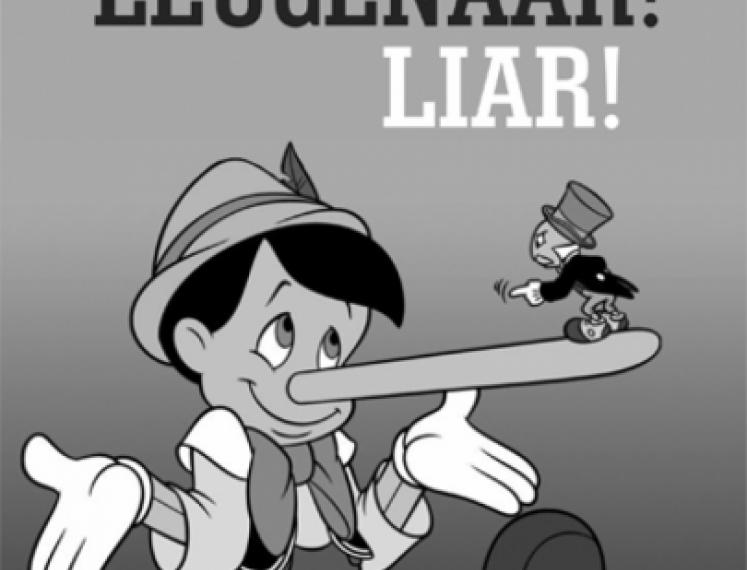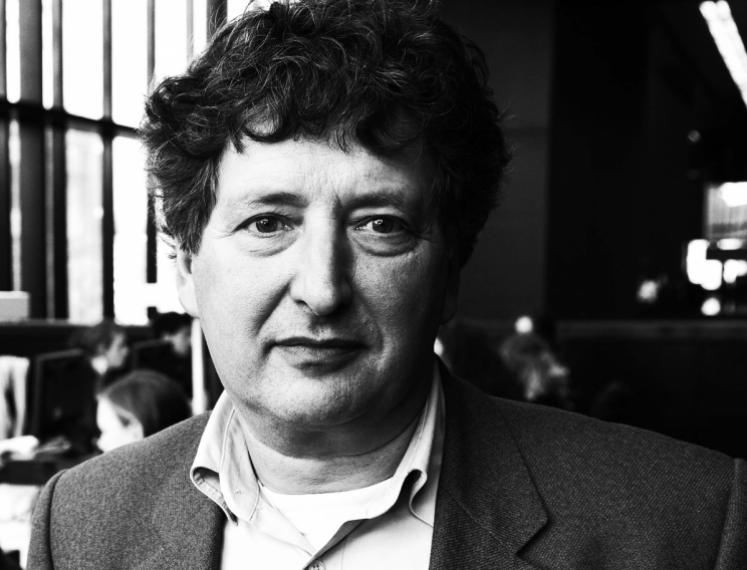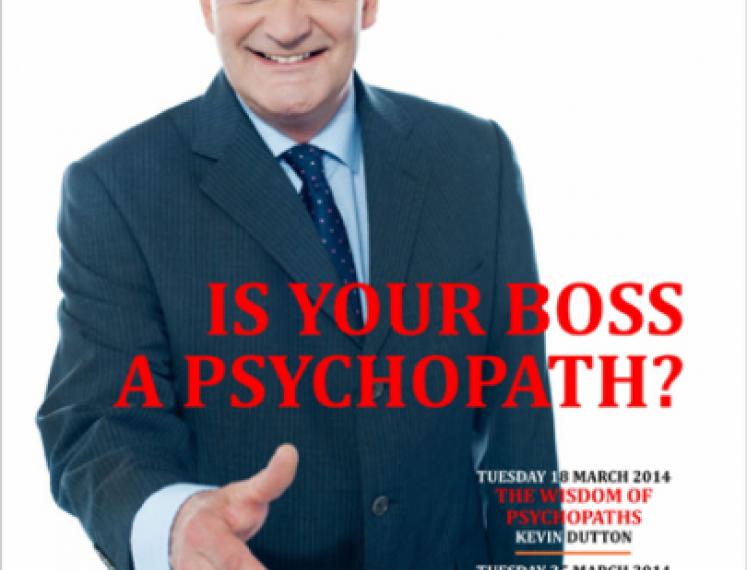How to Catch a Criminal
How can we detect liars? Lie detection tests such as the polygraph and verbal content analysis are often applied, but are often invalid. How can a lie be revealed?
Lie detection tests such as the polygraph and verbal content analysis are often applied, and their outcome can have great consequences. Most techniques, however, lack a sound theory. Generally, they are based upon the naive idea that only liars and not truth tellers will display signs of stress or arousal. Empirical data and illustrative case studies, however, show that the arousal theory is invalid. Hence, current lie detection techniques are outdated, and an alternative approach is needed. The preparation and execution of a criminal act often does not leave physical traces, but it does leave a trace in the mind of the perpetrator. Memory detection techniques allow assessing the presence of these memory traces. This can be achieved with expensive and complicated machinery, but also with a simple laptop.
Bruno Verschuere is an Associate Professor of Forensic Psychology at the University of Amsterdam where he coordinates the Clinical Forensic Psychology mastertrack. He is a research fellow at Ghent University, Belgium, and Maastricht University, The Netherlands. His research focuses on the psychology of deception, lie detection, and memory detection, and has been published in high impact journals such as Psychological Science, and Psychophysiology. Together with Gershon Ben-Shakhar and Ewout Meijer, he has edited the first book on memory detection: Memory Detection: Theory and application of the concealed information test, 2011, Cambridge University Press. He serves as an expert witness on lie detection in court.
Interesting link
Labyrint: documentaire De kunst van het liegen




